Pilsen Wellness Center - CILA - ICM

Overview
Pilsen Wellness Center - CILA - ICM is a mental health treatment center for people seeking treatment near Cook County. As part of their treatment modalities for recovery, Pilsen Wellness Center - CILA - ICM provides group counseling, cognitive behavioral therapy, and dialectical behavior therapy during treatment. Pilsen Wellness Center - CILA - ICM is located in Chicago, Illinois, accepting medicaid for treatment.
Pilsen Wellness Center - CILA - ICM at a Glance
Payment Options
- Medicaid
- State-financed health insurance plan other than Medicaid
- Private health insurance
- County or local government funds
- Community Mental Health Block Grants
Assessments
- Comprehensive mental health assessment
Age Groups
- Young adults
- Adults
- Seniors
Ancillary Services
- Intensive case management
- Chronic disease/illness management
- Diet and exercise counseling
- Education services
- Illness management and recovery
Highlights About Pilsen Wellness Center - CILA - ICM
6.65/10
With an overall rating of 6.65/10, this facility has following balanced range of services. Alcohol Rehabilitation: 8.00/10, Drug Rehab and Detox: 6.00/10, Insurance and Payments: 6.00/10, Treatment Options: 6.61/10.-
Alcohol Rehabilitation 8.00
-
Treatment Options 6.61
-
Drug Rehab and Detox 6.00
-
Insurance and Payments 6.00
Treatment At Pilsen Wellness Center - CILA - ICM
Treatment Conditions
- Mental health treatment
Care Levels
- Hospital inpatient treatment
- Outpatient
Treatment Modalities
- Group counseling
- Cognitive behavioral therapy
- Dialectical behavior therapy
- Integrated Mental and Substance Use Disorder treatment
- Activity therapy
Ancillary Services
Languages
- Spanish
Special Programs
- Persons 18 and older with serious mental illness (SMI)
Get Help Now
Common Questions About Pilsen Wellness Center - CILA - ICM
Contact Information
Other Facilities in Chicago
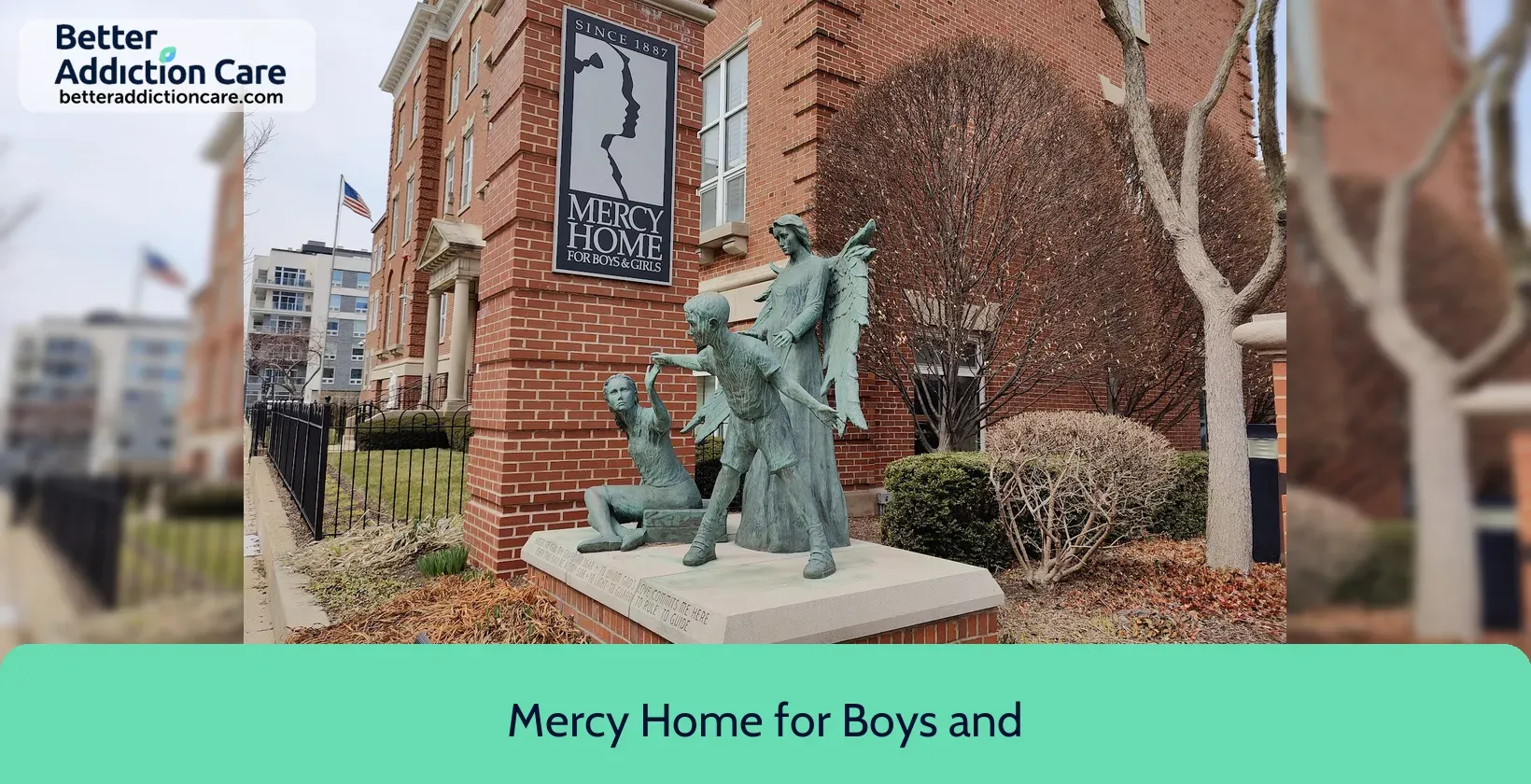
6.71
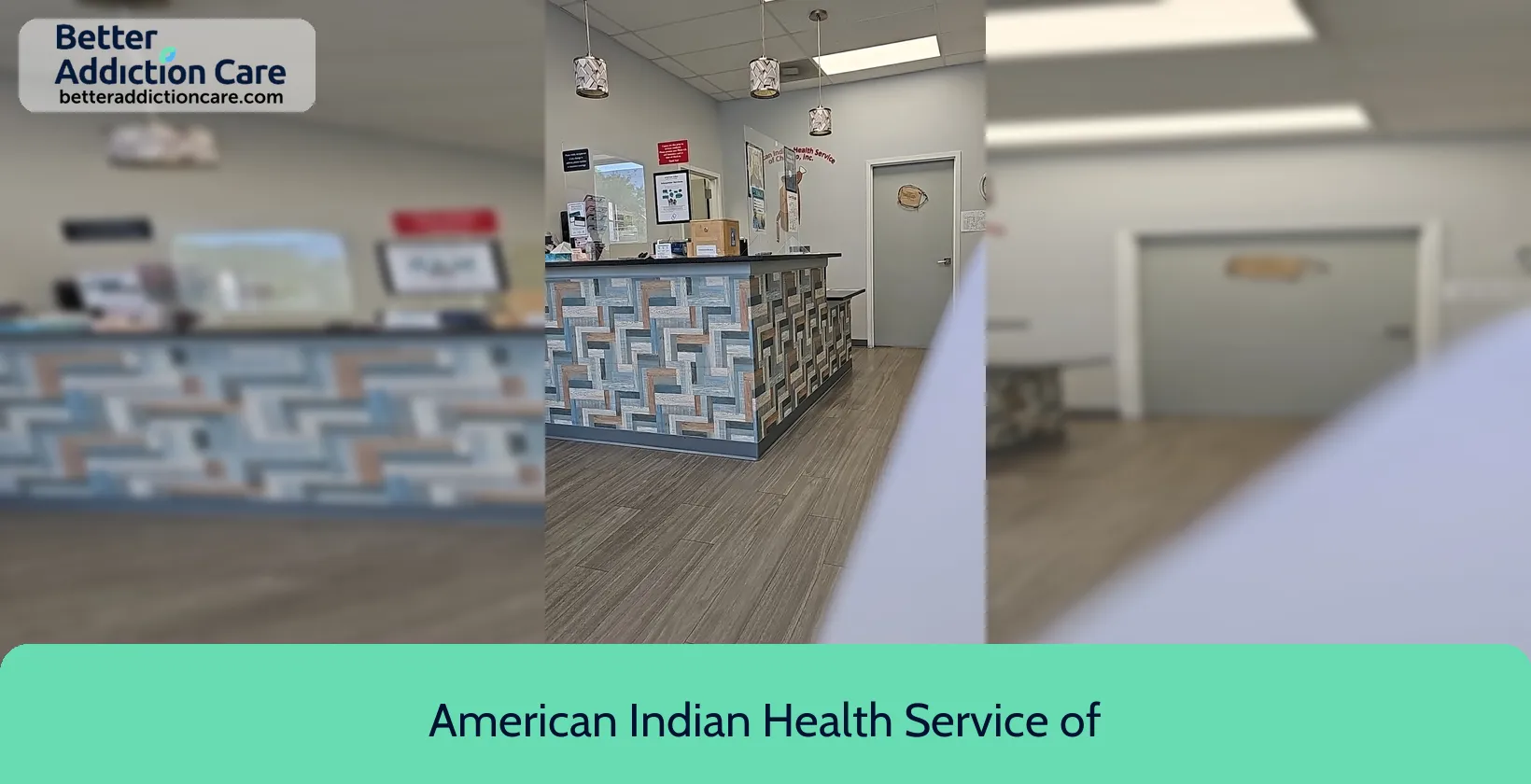
7.23
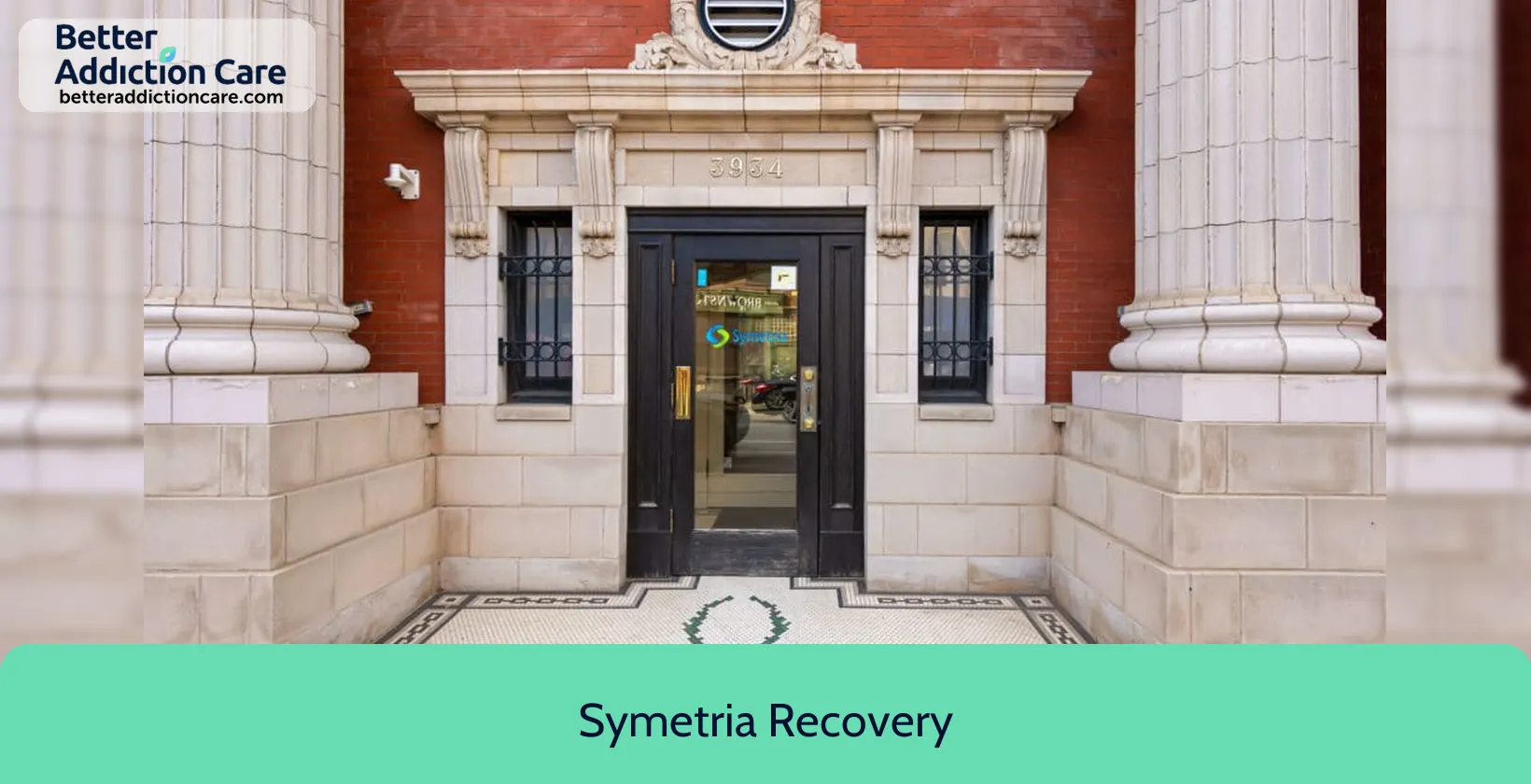
7.69
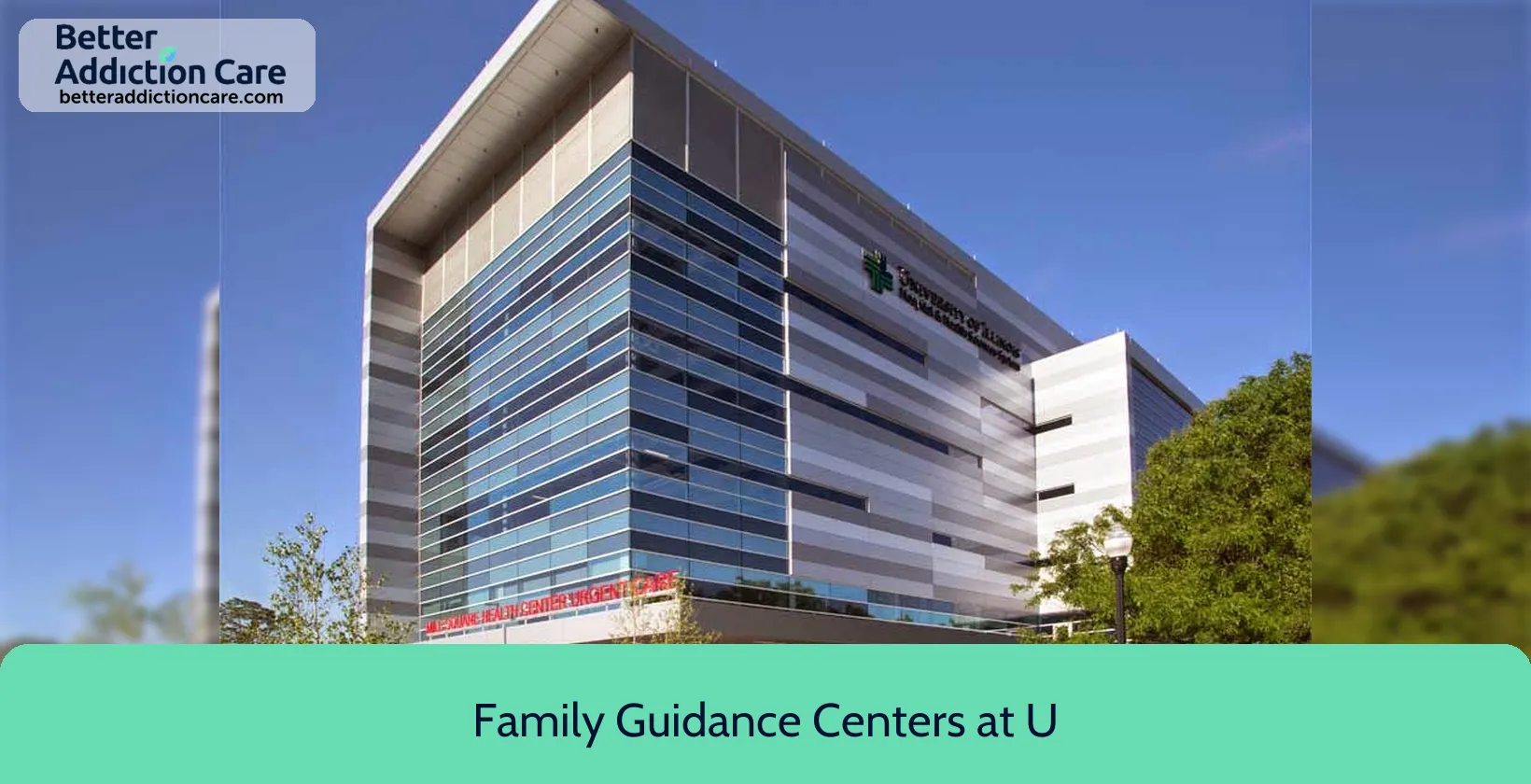
7.66
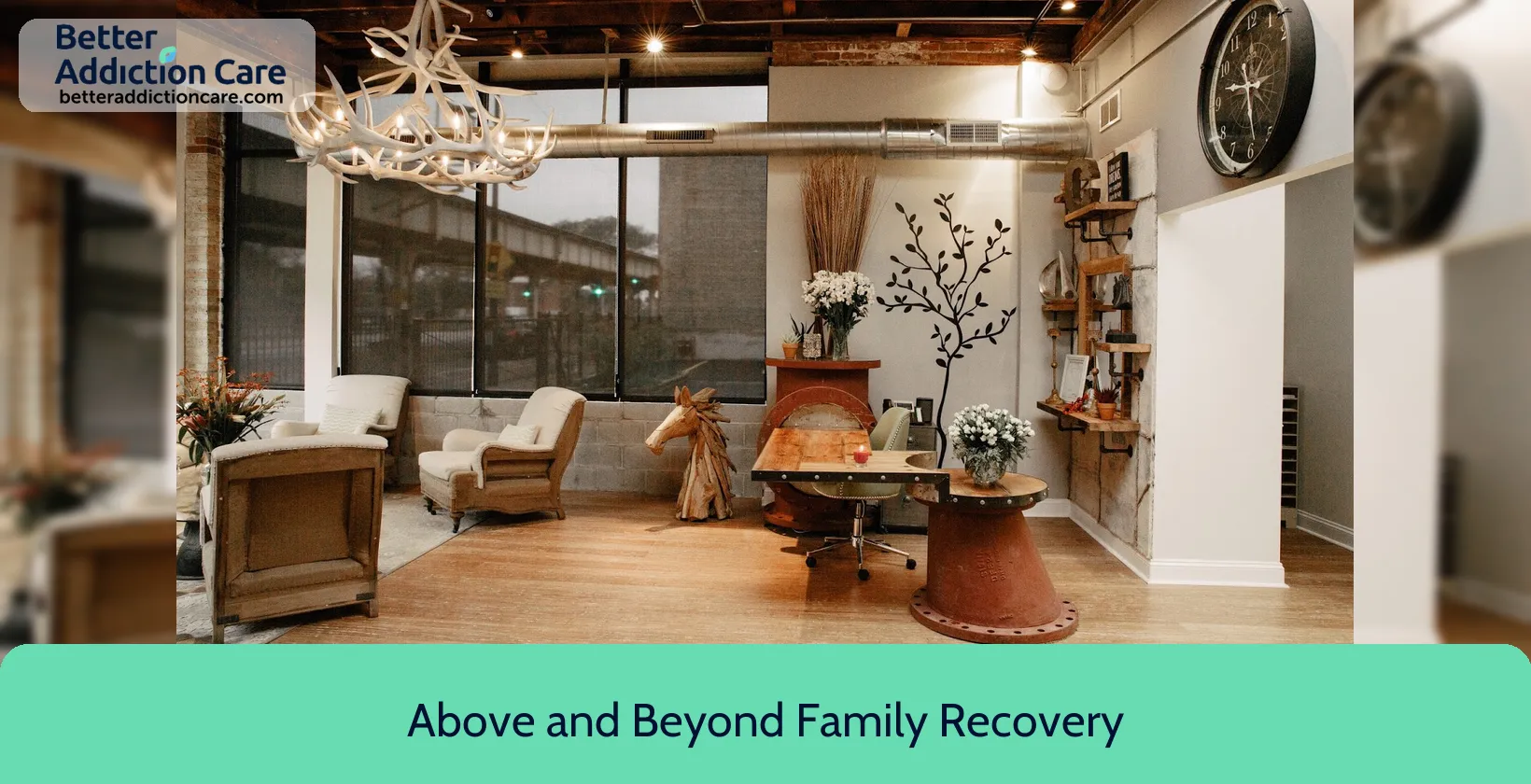
6.97
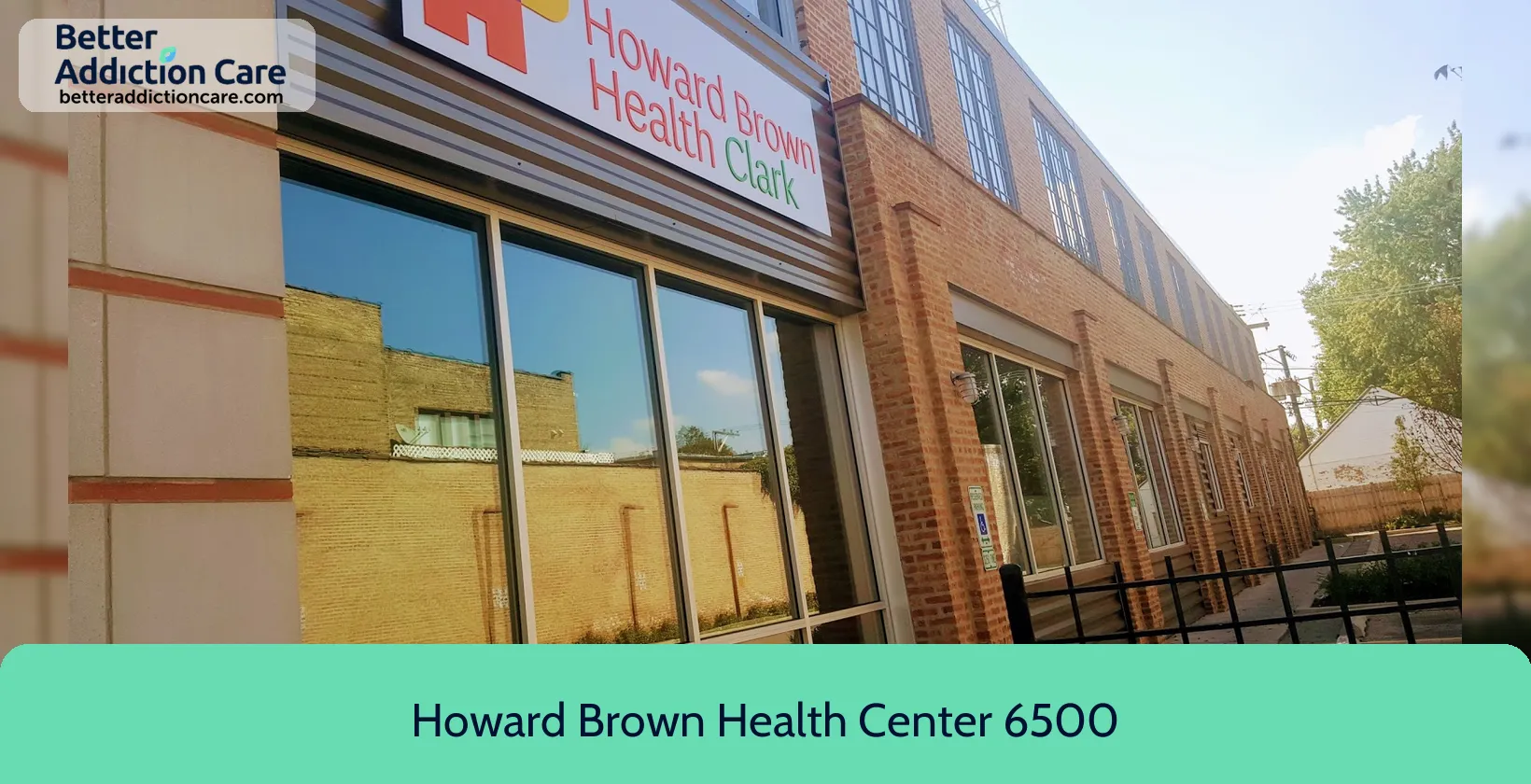
7.26
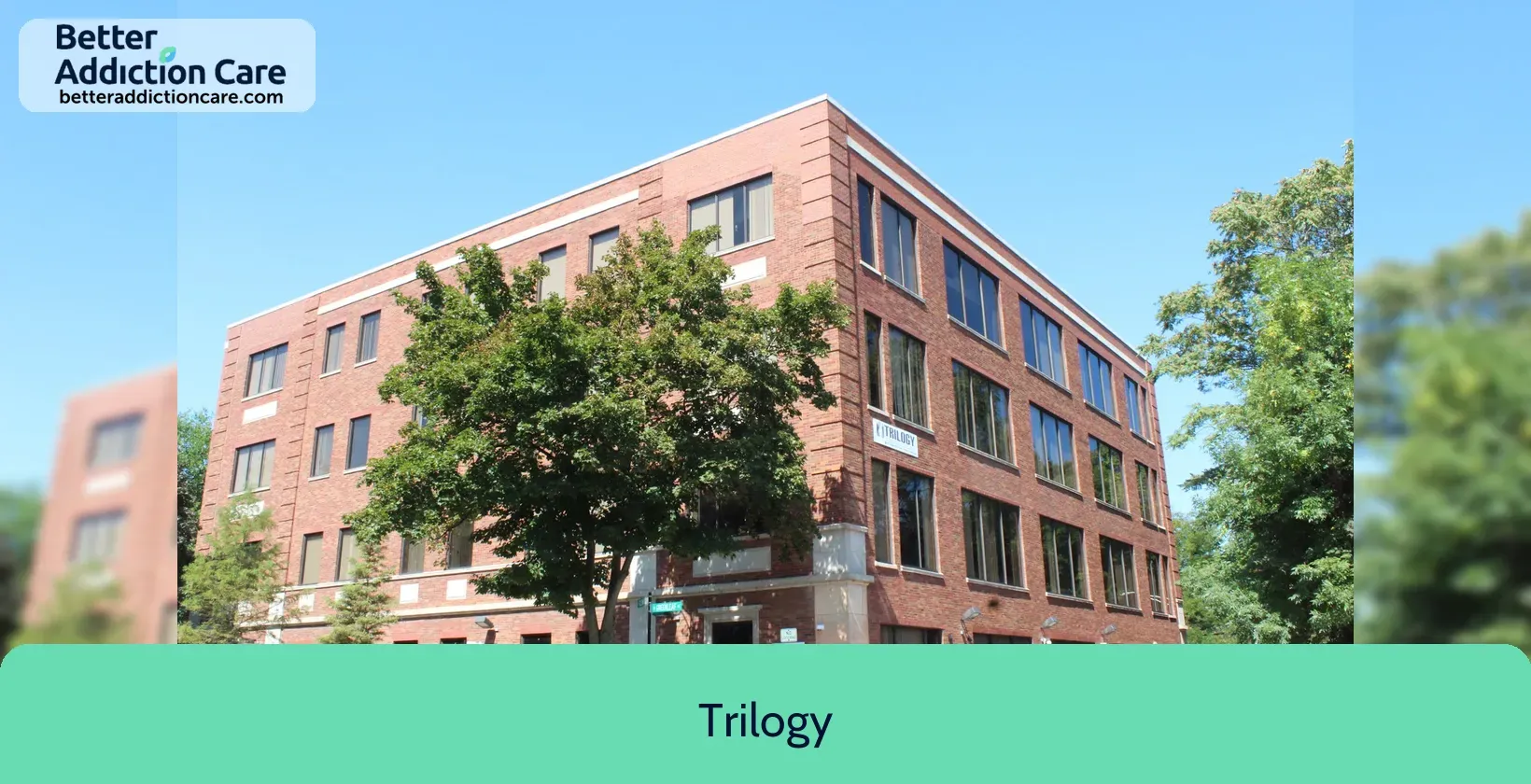
7.08
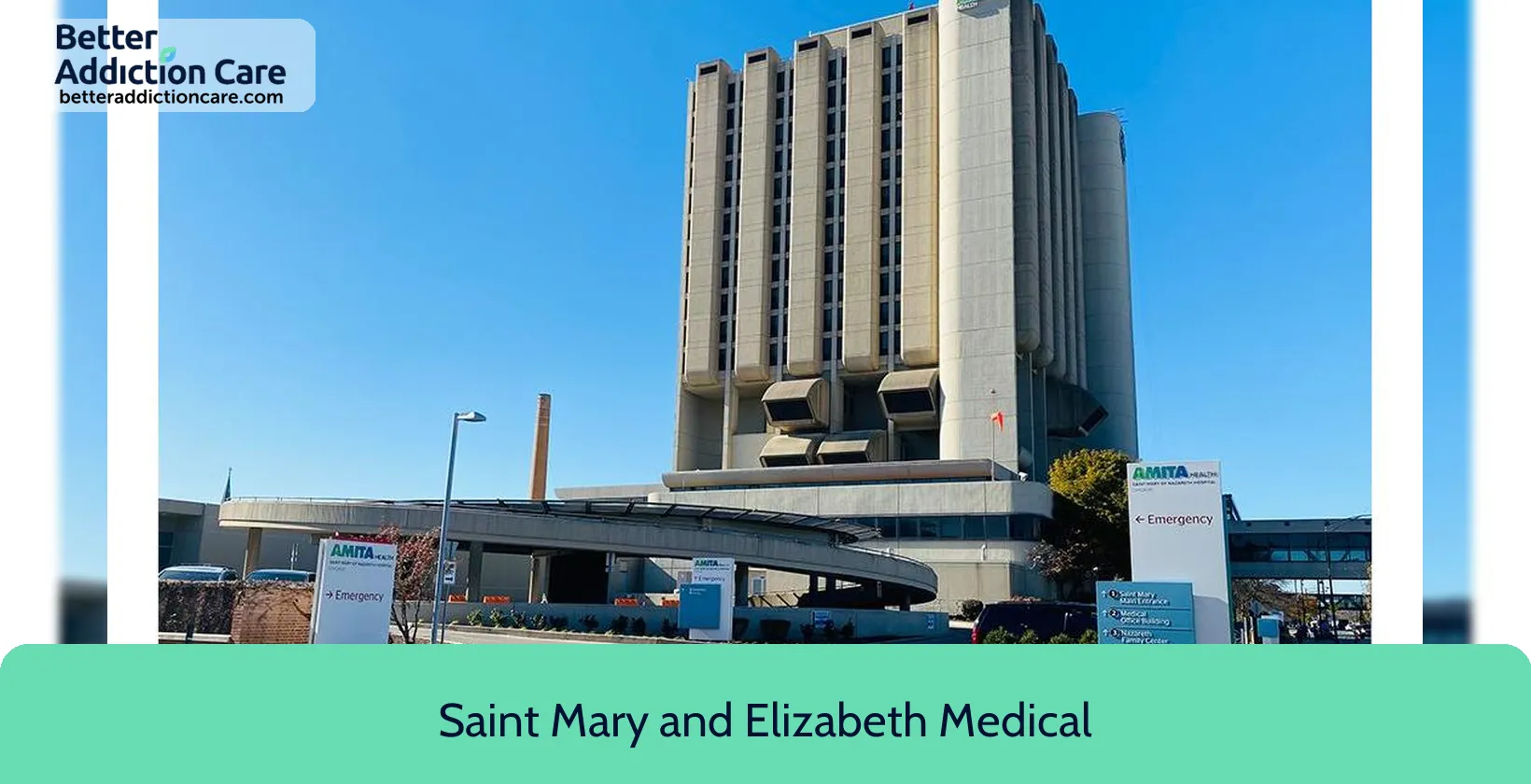
6.74
DISCLAIMER: The facility name, logo and brand are the property and registered trademarks of Saint Mary and Elizabeth Medical Center - Saint Mary's Campus, and are being used for identification and informational purposes only. Use of these names, logos and brands shall not imply endorsement. BetterAddictionCare.com is not affiliated with or sponsored by Saint Mary and Elizabeth Medical Center - Saint Mary's Campus.
